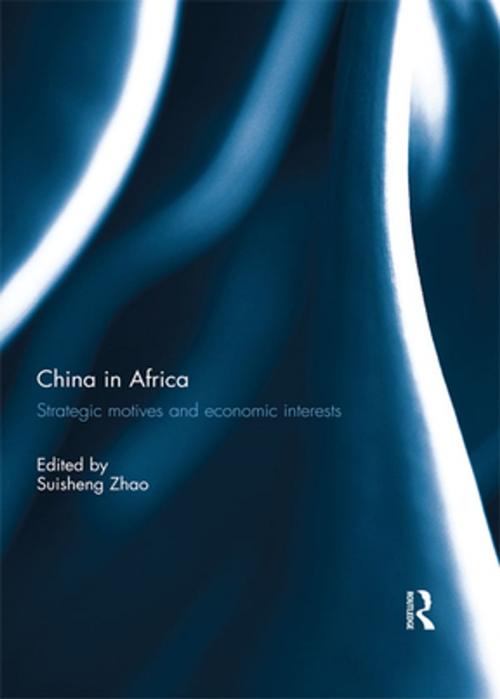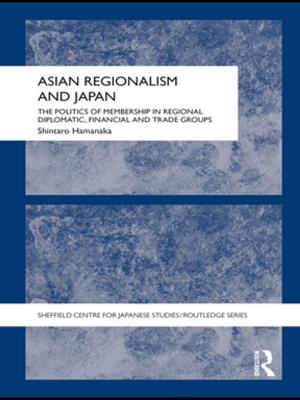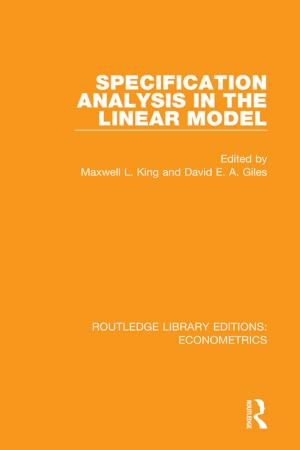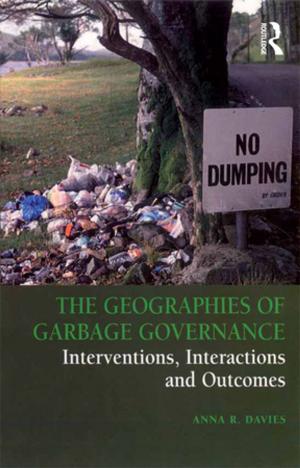China in Africa
Strategic Motives and Economic Interests
Nonfiction, Social & Cultural Studies, Social Science, Cultural Studies, Ethnic Studies| Author: | ISBN: | 9781317481843 | |
| Publisher: | Taylor and Francis | Publication: | October 2, 2017 |
| Imprint: | Routledge | Language: | English |
| Author: | |
| ISBN: | 9781317481843 |
| Publisher: | Taylor and Francis |
| Publication: | October 2, 2017 |
| Imprint: | Routledge |
| Language: | English |
China’s expansion and growing influence in Africa is arguably the most remarkable global political and economic development in the 21st century. China’s foray into Africa started in the late 1990s, propelled by its desire to obtain new sources of raw materials and energy for its economic growth, as well as new markets for its manufactured goods. While China’s "no political strings attached" policy proves attractive to many of African leaders, China has been criticized as neo-colonialist, interested solely in stripping Africa of its mineral wealth without proper environmental or social precautions.
This book addresses the controversy by exploring the motivations and practices of China’s African engagement, providing a comprehensive account of the intensified interactions between China and African states. The first part examines the debate surrounding whether China has pursued a neo-colonialist path in Africa, by looking at the perception of China by the locals and the challenges that the intensified relationship has posed for African states. The second part analyses China’s strategic motivations to see if Beijing has acquired sustaining power and influence in Africa in competition with the West. The third part focuses on economic and business practices of Chinese companies in Africa, as well as China-Africa trade patterns.
The articles in this book were originally published in special issues of the Journal of Contemporary China.
China’s expansion and growing influence in Africa is arguably the most remarkable global political and economic development in the 21st century. China’s foray into Africa started in the late 1990s, propelled by its desire to obtain new sources of raw materials and energy for its economic growth, as well as new markets for its manufactured goods. While China’s "no political strings attached" policy proves attractive to many of African leaders, China has been criticized as neo-colonialist, interested solely in stripping Africa of its mineral wealth without proper environmental or social precautions.
This book addresses the controversy by exploring the motivations and practices of China’s African engagement, providing a comprehensive account of the intensified interactions between China and African states. The first part examines the debate surrounding whether China has pursued a neo-colonialist path in Africa, by looking at the perception of China by the locals and the challenges that the intensified relationship has posed for African states. The second part analyses China’s strategic motivations to see if Beijing has acquired sustaining power and influence in Africa in competition with the West. The third part focuses on economic and business practices of Chinese companies in Africa, as well as China-Africa trade patterns.
The articles in this book were originally published in special issues of the Journal of Contemporary China.















